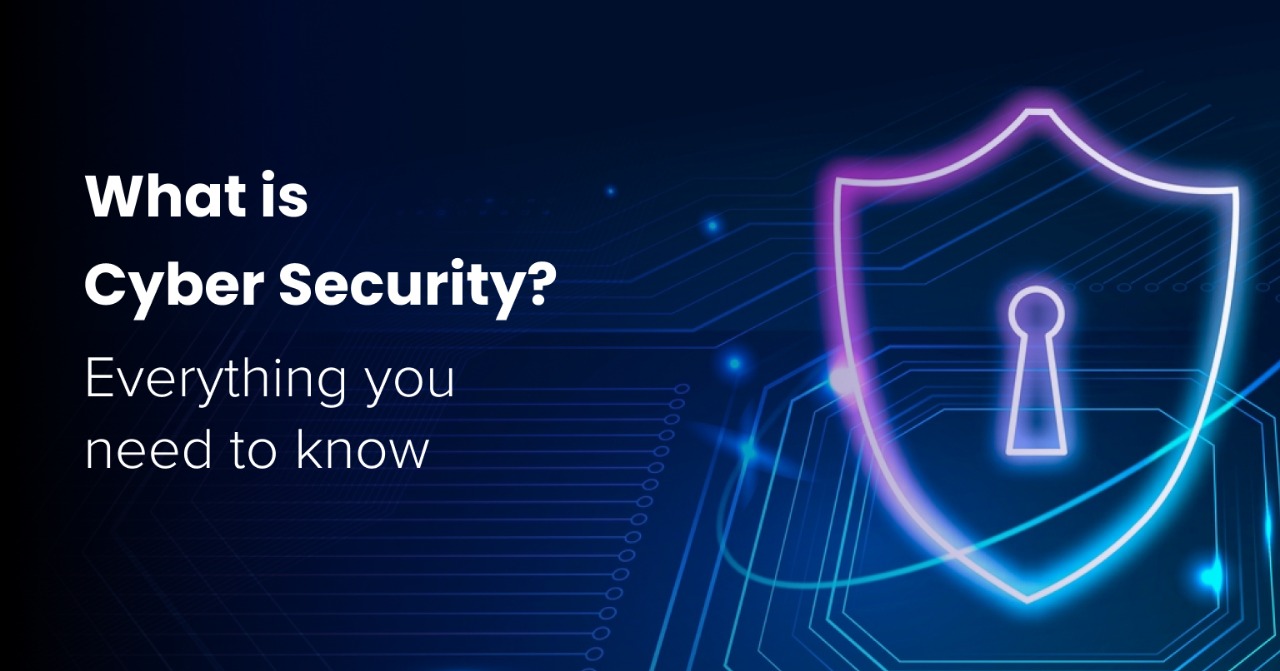Digitization has opened up a world of opportunities for businesses and enterprises. With new technologies come new vulnerabilities and challenges. A study by the ID Theft Resource Center states that between January 1, 2005, and May 31, 2020, there have been 11,762 recorded breaches. It has become imperative to have tight security to protect your sensitive information. Cyber security is the body of technology processes and practices designed to protect networks, computer systems, and programs from frivolous attackers.
Here are some compelling reasons why cyber security is critical for businesses:
Rise in cybercrimes
Hackers and cybercriminals are on the lookout for ways to exploit data and profit from businesses. According to the new Cost of Cyber Crime study by Accenture and the Ponemon Institute, the average cost of cybercrime for a company has climbed 23 percent over the previous year, reaching US$11.7 million. The survey also indicates that the average cost of a security breach has climbed dramatically, to $3.86 million. The likelihood of cyber dangers and risks is continually increasing as new technologies are introduced.
IoT Devices are Increasing in Number
Our reliance on connecting everything to the internet has grown as a part of the drive to develop smart cities with smart devices. The emergence of IoT (Internet of Things) technology has not only simplified and accelerated our chores, but has also created a hole of new weaknesses for hackers to attack. If these internet-connected gadgets are not properly controlled, they can serve as a commercial entryway for hackers and cybercriminals!
Overcoming the Security Gap
The most crucial parts of any firm are human resources and information technology. Despite their interdependence, there has always been a security gap between the two components. It is critical to provide the personnel working in a business with the appropriate cyber security
(Types of Cyber security) awareness training to close this gap. This goes a long way in developing a cyber-resilient working culture in the firm.
Cyber Risks Are Expensive
Today’s cyber-attacks are not only increasing in quantity, but also in the seriousness of the harm they do. If suitable security precautions are not followed, these cyberattacks can prove to be incredibly costly for any firm. According to the estimate, cybercrime will cost the world $10.5 trillion yearly by 2025 as more commercial infrastructures link. Furthermore, it is not only the money loss that could be incurred but also the firm’s reputation and a loss of client confidence in the company.
The Importance of Cybersecurity
The widespread adoption of software across diverse sectors, spanning finance, government, healthcare, and more, has led to a vast amount of sensitive information being digitized and accessible via digital communication networks and the internet. This invaluable data has become a prime target for cybercriminals, underscoring the critical need for robust cybersecurity services.
The imperative for effective cybersecurity strategies is underscored by recent high-profile security breaches. These breaches resulted in significant financial losses and irreparable damage to the reputation of these organizations. With cyber-attacks showing no signs of abating, companies of all sizes are confronted with daily threats aimed at acquiring sensitive information or disrupting services.
However, the dynamic nature of technology presents challenges in implementing and maintaining effective cybersecurity measures. The continuous evolution and updates of software introduce new vulnerabilities, providing openings for cyber-attacks. Additionally, the migration of on-premise systems to cloud infrastructure presents novel design and implementation complexities, leading to a fresh set of vulnerabilities. Many companies remain unaware of the risks inherent in their IT infrastructure, often neglecting cybersecurity measures until they fall victim to an attack.
How Does Cybersecurity Work?
- Threat Identification: The initial phase entails discerning potential threats that pose risks to system and information security. This involves scrutinizing network traffic, pinpointing vulnerabilities, and monitoring anomalous activities.
- System Protection: Following threat identification, the focus shifts to implementing protective measures to fortify systems and data against attacks. This encompasses deploying firewalls, access controls, encryption, and other security protocols.
- Attack Detection: Despite preventive measures, cyber assailants may circumvent defenses. Cybersecurity specialists leverage an array of tools and methodologies to promptly detect such attacks, enabling swift intervention to minimize repercussions.
- Incident Response: Upon detection of an attack, cybersecurity experts swiftly respond to contain the breach and forestall further intrusions. This entails isolating affected systems, eliminating malware, and restoring compromised data and systems.
- Security Maintenance: Cybersecurity constitutes an ongoing endeavor entailing perpetual monitoring, evaluation, and enhancement of security measures to preempt emerging threats. It encompasses employee training, routine security assessments, and adoption of cutting-edge security technologies and protocols.
Types of Cyber security
Network security
This form of security refers to the safeguarding of your computer network from both internal and external threats. It employs a variety of approaches to keep dangerous malware and other data breaches at bay. To prevent assaults, network security employs a variety of protocols while allowing authorized users to access a secure network. A firewall, which functions as a protective barrier between your network and external, untrusted network connections, is one of the most critical levels for network security. Based on security settings, a firewall can block or allow traffic into a network.
Application Protection
This is the procedure for safeguarding sensitive data at the app level. The majority of these security measures should be in place before the app is released. Application security may include measures such as requiring the user to enter a strong password. It may also contain features like two-factor authentication, security questions, and other safeguards to guarantee that a person is who they claim to be.
Cloud security
Due to the large amounts of data kept on the cloud, it must stay safe at all times. Business services stored in a data center can also be included under cloud security. Consider the end-user interface, data storage security, backup plans, and human error that exposes the network when ensuring that appropriate cloud security measures are in place.
Operational Security
The risk management procedure for all internal cybersecurity is what operational security refers to. It frequently employs many risk management officers to ensure that if a user’s data is hacked, there is a backup plan in place. Employees must be taught the best practices to keep personal and commercial information security as part of operational security.
Many businesses offer cyber security consulting services. Skillmine Technology Consulting services is one such organization that helps to create a robust security framework for your business. Skillmine designs insightful security strategies as a part of its cyber security consulting services.
CERT-In has observed over 6.07 lakh cyber security incidents in the first 6 months of 2021. 12,000 of them were related to government organizations. This is alarming. A comprehensive risk management approach needs to be devised to understand and mitigate cyber threats and make the internet a safer place for businesses.
Looking for expert technology consulting services? Contact us today.





